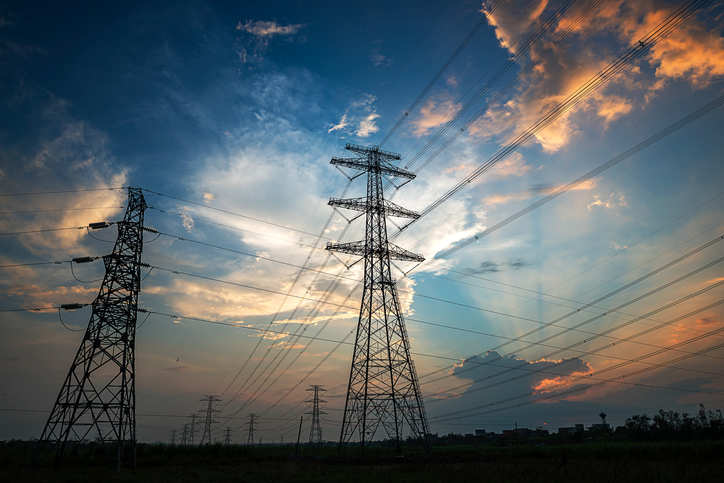With the way the economy is right now, the price of basic things like gas and electricity is one of the main things that people all over the world worry about. It is possible to keep your bill as low as possible, but ultimately, one person can only do so much to lower their electricity use. However, there are some things that can be done to make sure that you do not pay too much for your electricity.
Exchange-traded electricity or fixed-term contracts are two methods that are used a lot around the world. Depending on where you live, one will work better for you than the other.
The impact of the different electricity contracts
Take Finland as an example. Their electricity prices have dropped in a way that has never happened before and was completely unexpected. As a result, many people are rethinking their energy contracts to try to get the most out of the situation.
Recently, the price of electricity on the exchange has dropped by as much as 60 cents per kilowatt-hour. Fixed-term contracts are now available for rates of 8 to 9 cents per kilowatt-hour.
What does this mean in real life? Well, the average amount of energy used each year by a detached home heated by electricity is about 18,000 kilowatt-hours.
If you choose a fixed-price contract at 8.7 cents per kilowatt-hour, which is the Energy Authority’s cheapest two-year deal right now, your electricity bill will be about €1,566 per year. If the same house had used exchange-traded electricity and the average prices from last year, the total would have been €1,101, which is €465 less than the fixed-price option.
If you live in an apartment, the gap is not as big. For instance, someone who lives in a district-heated building and uses about 2,000 kilowatt-hours of electricity a year would pay €174 for the same 8.7-cent fixed contract. But if electricity had been traded on an exchange over the past year, the bill would have been €122, which is only a €52 difference.

But when every penny counts, it is easy to try to see all of your choices and switch as many times as it takes to save money. But there is another way to look at it. Director of the Energy Authority Antti Paananen thinks that fixed-price contracts are not about saving money; they are about stability, since the electricity provider takes on the risk of changes in the market price.
When you use exchange-traded electricity, the prices change every hour, so you need to be careful about how much power you use during peak hours and off-peak hours. This is the main reason why fixed-price deals usually cost more.
Some things, like your income, will determine which contract is best for your family. Your income should be the most important factor, especially if the difference between the contracts is not very large.
People who are having trouble with their finances and can not afford surprises should choose a fixed-price contract. This way, they will always know how much they are paying.
Exchange-traded electricity can save you money if you do not use it during peak times, like weekday mornings and evenings. This is only true if you have extra money in the bank and can afford to splurge a bit more or pick when to use your electricity.
Having said that, prices will always be affected by things you can not change, such as the weather and the time of year when you make these decisions. “Of course, predicting the weather is tricky,” says Paananen. “Winter conditions, whether calm or freezing, will play a big role in how prices behave.”






